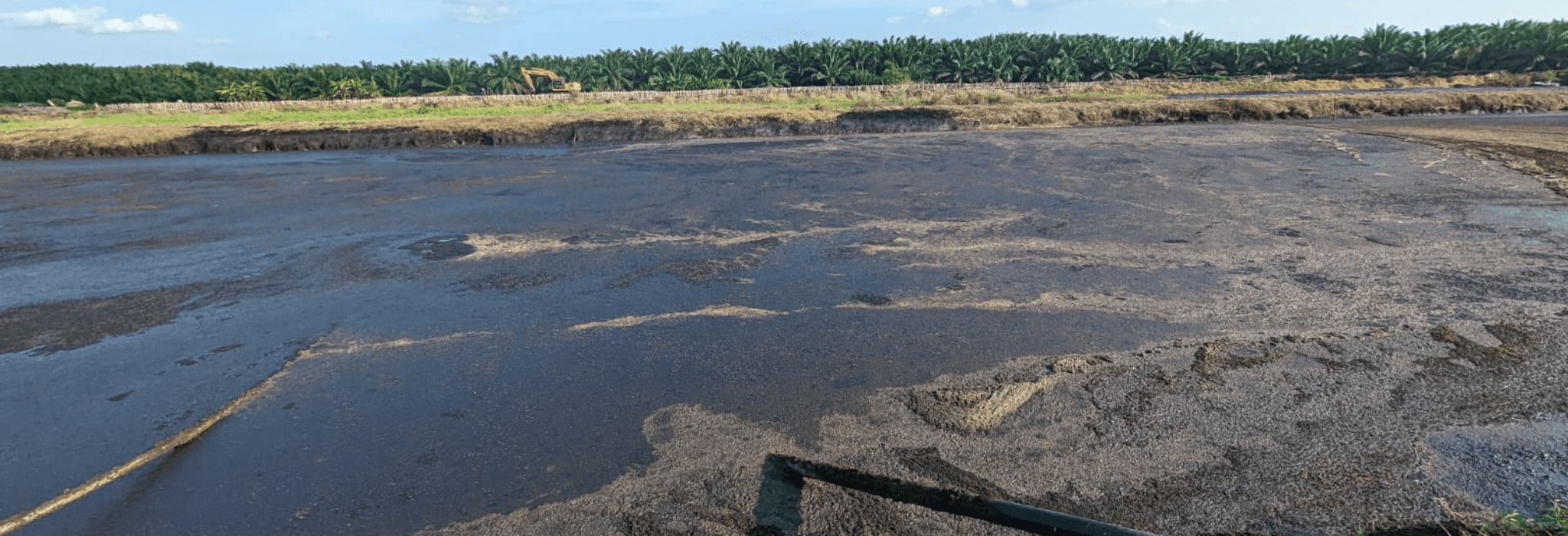Revolutionary Technological Innovations: Shaping the Greener Future of Palm Oil Industries
According to the latest data, Indonesia dominates global palm oil production with a market share of around 57-60%. In 2020, Indonesia`s palm oil production reached approximately 47.6 million tons.
As the largest producer, Indonesia plays a significant role in the palm oil industry and has advantages in terms of favorable climatic conditions for oil palm cultivation, available land area, as well as infrastructure and processing capacity.
However, it is important to note that the palm oil industry also faces challenges and issues that need to be addressed, particularly related to environmental impacts such as deforestation, ecosystem degradation, water and air pollution, and other concerns.

Therefore, it is crucial for the industry to implement sound policies in waste processing to reduce the negative environmental impacts.
This includes the adoption of sustainable waste management practices and the utilization of both liquid and solid waste.
By prioritizing more effective and efficient waste processing technologies, liquid waste can be better treated, reducing pollution impacts on water quality and the surrounding environment.
Additionally, by employing these innovative technologies, water consumption can be minimized, and the utilization of waste can be optimized more efficiently.

By adopting environmentally-friendly technologies, companies are expected to improve their image as environmentally-conscious and sustainable organizations. This can enhance their attractiveness to investors and consumers who are increasingly concerned about environmental issues.

